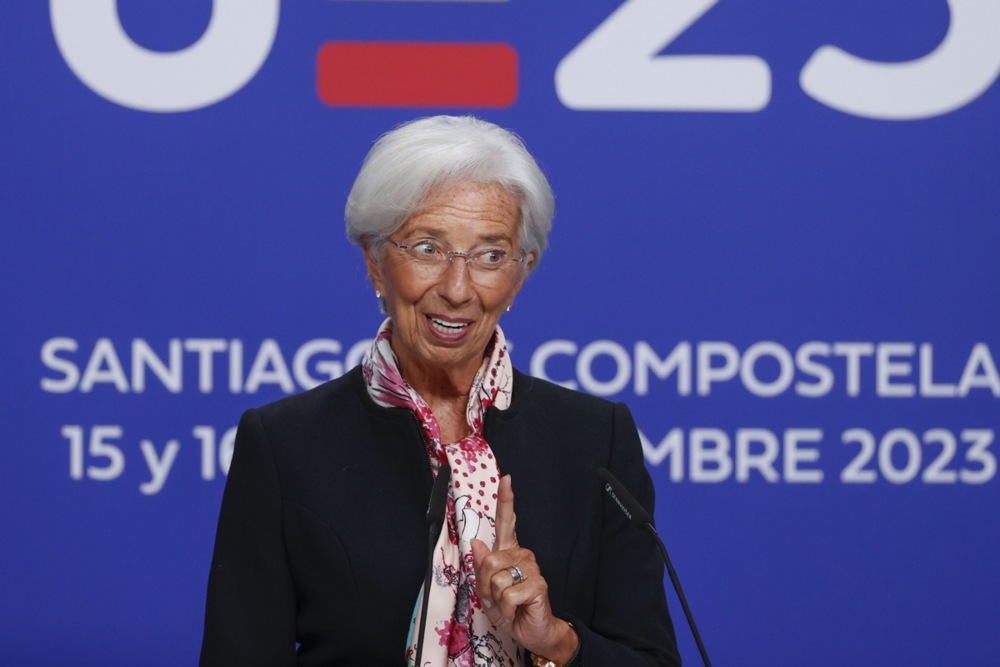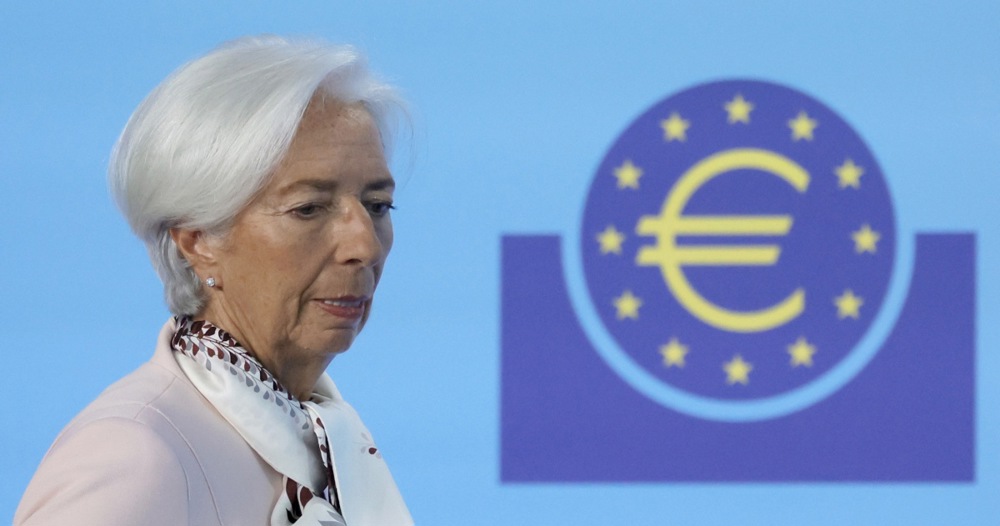Oil surged more than five per cent and investors sought safety in gold, bonds and the dollar after Hamas’s surprise attack on Israel sparked fears of a wider conflict.
Geopolitical uncertainty sent the greenback up against the euro and pound, while the yen — another popular haven – also strengthened. West Texas Intermediate climbed past $87 a barrel while Brent touched $89 as traders braced for a potential escalation that may trigger a supply shock. The US said it was dispatching warships and the Wall Street Journal reported that Iranian security officials helped plan the strike.
“The events over the weekend obviously destabilises the region,” said Kyle Rodda, senior market analyst at Capital.com. “Ultimately, these events tend to have only a short-term impact on financial markets, and it’s probable that this time will be the same. Investors could be jumpy for a couple of days until the risks of escalation have clearly diminished.”
The Bank of Israel said it will sell as much as $30 billion in foreign exchange, and extend up to $15 billion through swap mechanisms to support markets. A measure of expected volatility in the shekel headed for its biggest jump in more than two decades as the currency slipped to the weakest in seven years.
Europe’s Stoxx 600 index fell 0.2 per cent and US futures also declined. Contracts on US government bonds rose before paring gains on concern costlier crude will ultimately fan inflation. Trading in cash Treasuries is closed for a public holiday on Monday. Gold advanced as much as 1.2 per cent.
The fallout from the attacks reverberated through Middle East markets on Sunday. Major equities gauges in the region fell, led by a drop on Israel’s benchmark TA-35 stock index, which posted its biggest loss in more than three years, sliding 6.5 per cent.
While the latest events aren’t an immediate threat to oil flows, traders are concerned it may become a proxy war. Iran is both a major oil producer and supporter of Hamas. Any retaliation against Tehran may endanger the passage of vessels through the Strait of Hormuz, a vital conduit that Iran has previously threatened to close.
Rising oil prices may add to already high global inflationary pressures, with investors still debating the odds of another rise in interest rates by the Federal Reserve this year.
“Any extension of this to oil-producing countries, Saudi Arabia in the lead, could make the price of crude oil more expensive, with negative inflationary effects for the West and would mean higher rates for longer,” said Guillermo Santos, head of strategy at Spanish private banking firm iCapital.
Equities fell in mainland China as the market reopened after the Golden Week holiday. Stocks in Hong Kong rose in the afternoon session as trading resumed after a typhoon had shut markets.
While the Chinese holiday data was encouraging, confidence remained fragile, according to Hao Hong, partner and chief economist at GROW Investment Group. “If you are a smaller business in China, you are still probably struggling because banks risk aversion makes it hard to lend to SMEs,” he said on Bloomberg Television.





